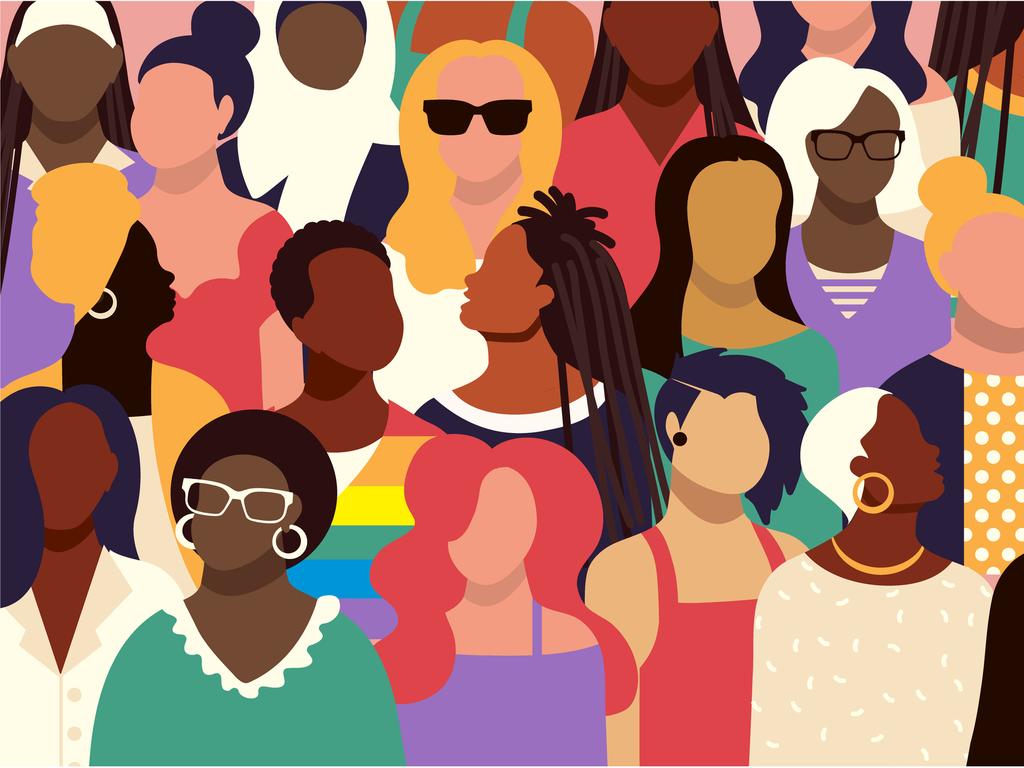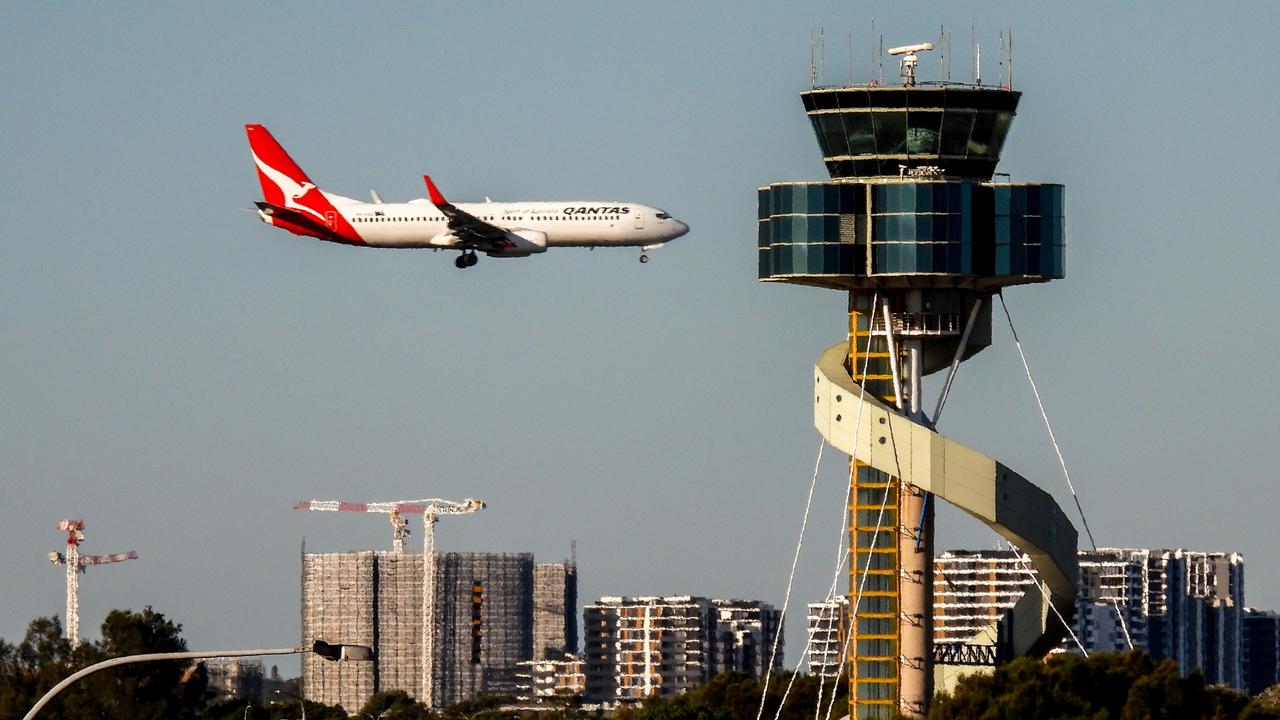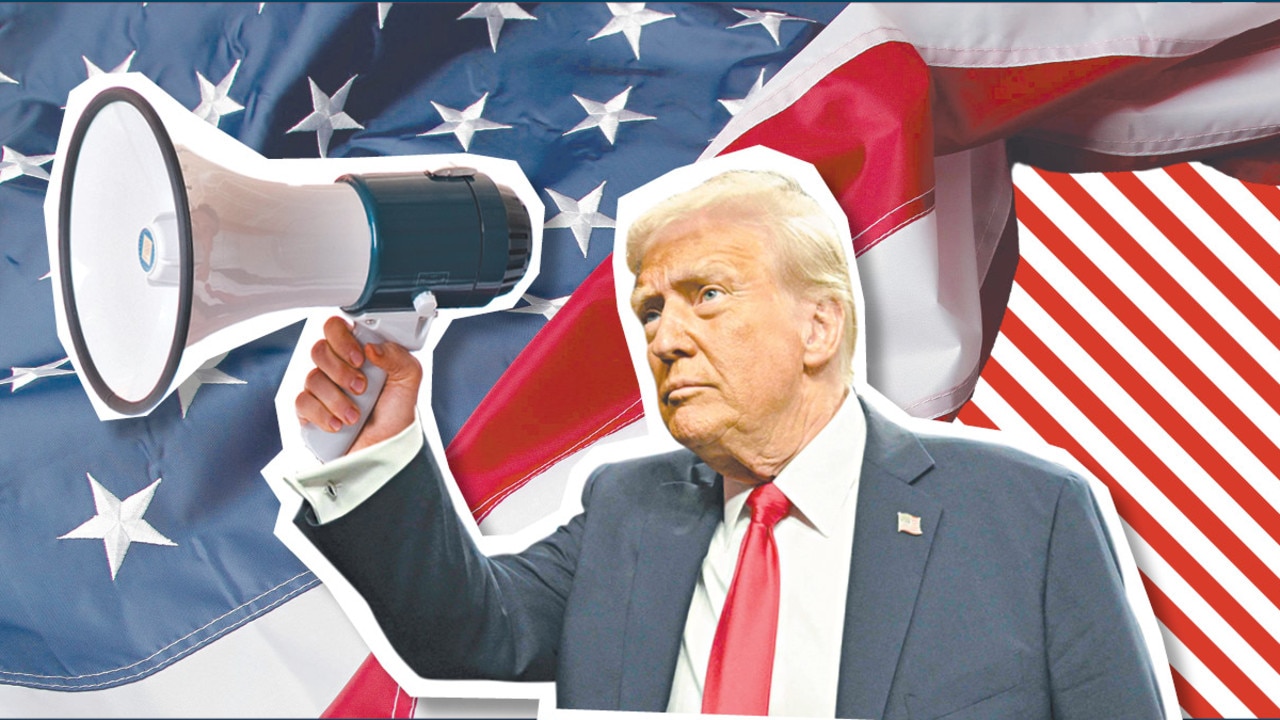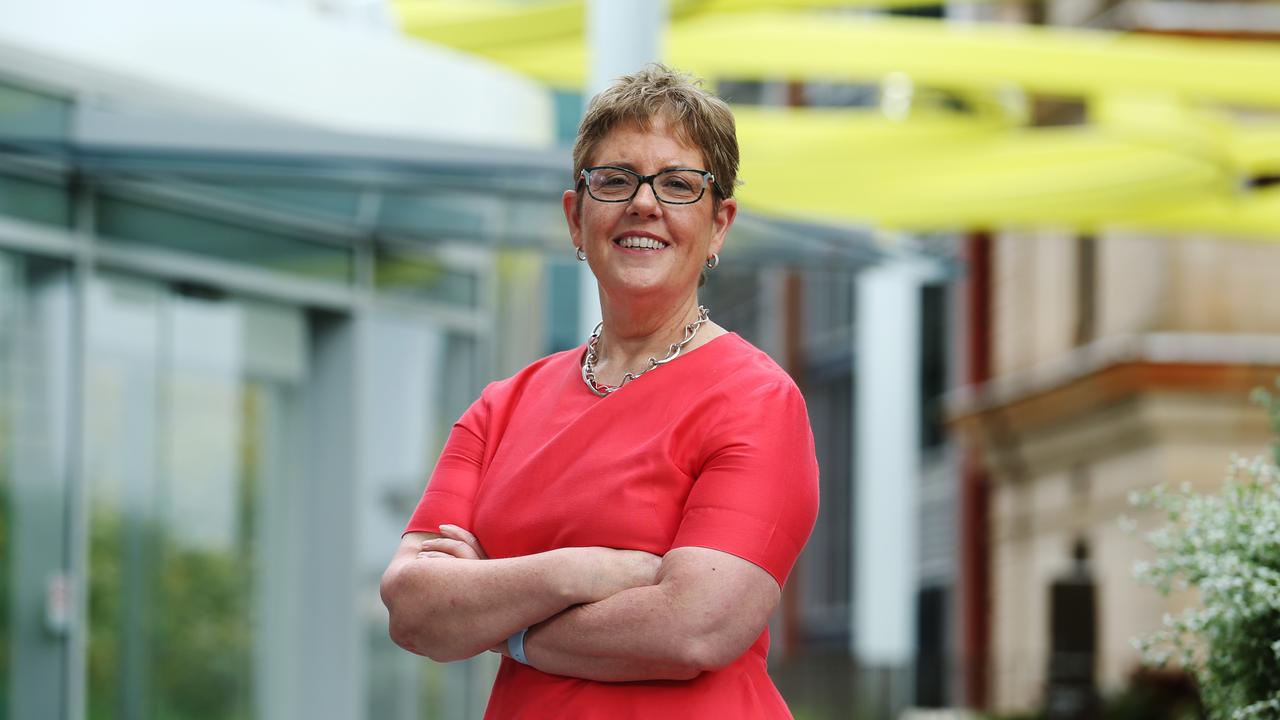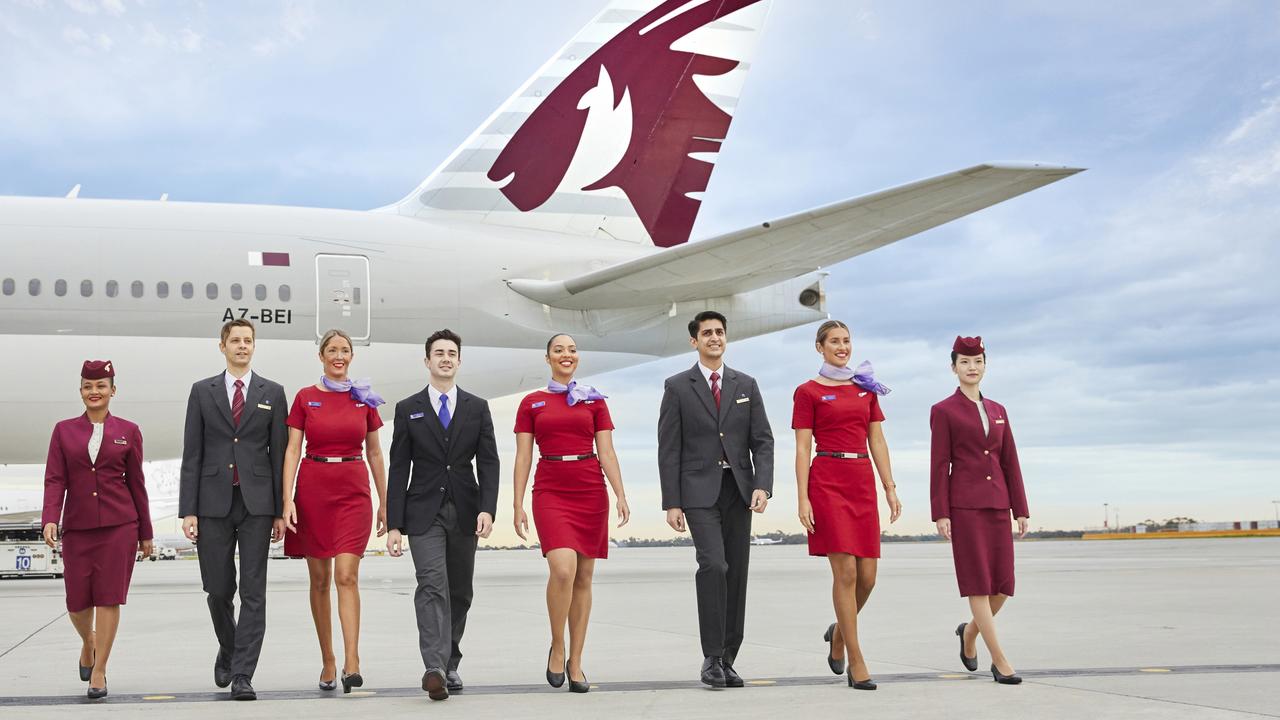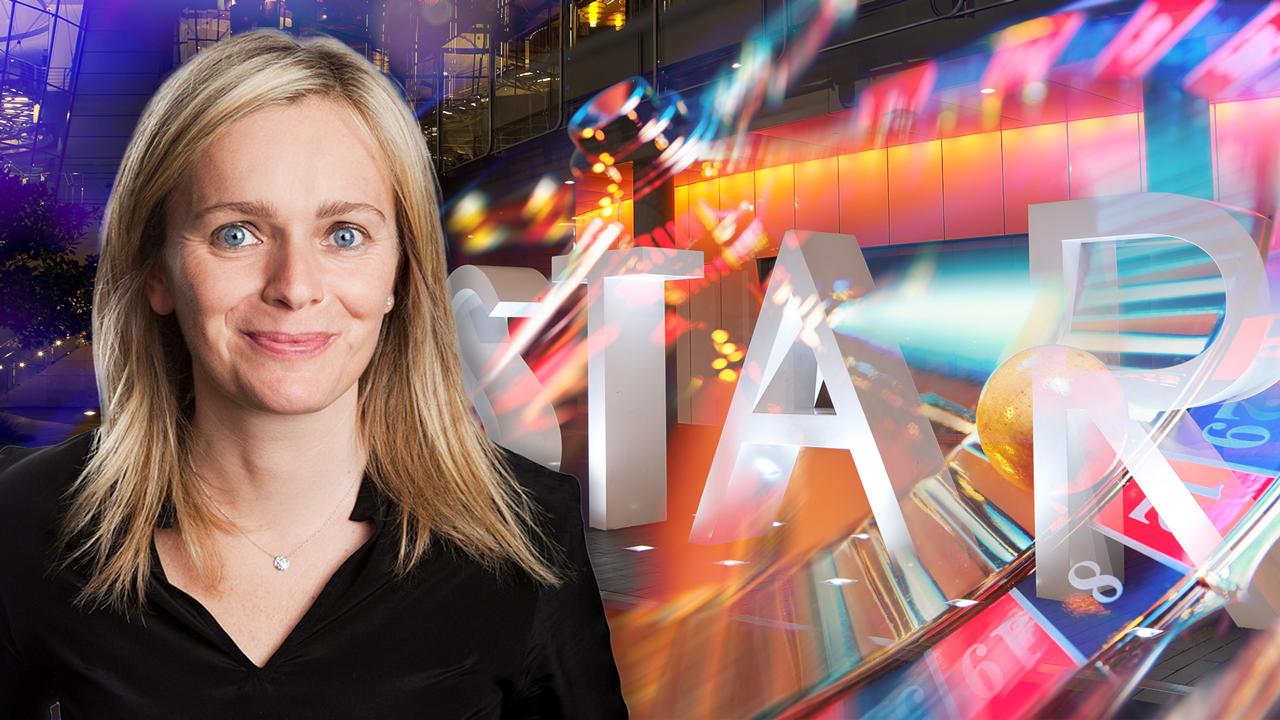Trump effect: Industry heavyweights fail to agree on diversity reporting guidelines
Finance industry heavyweights failed to agree on diversity reporting guidelines for ASX-listed companies at a Friday meeting.
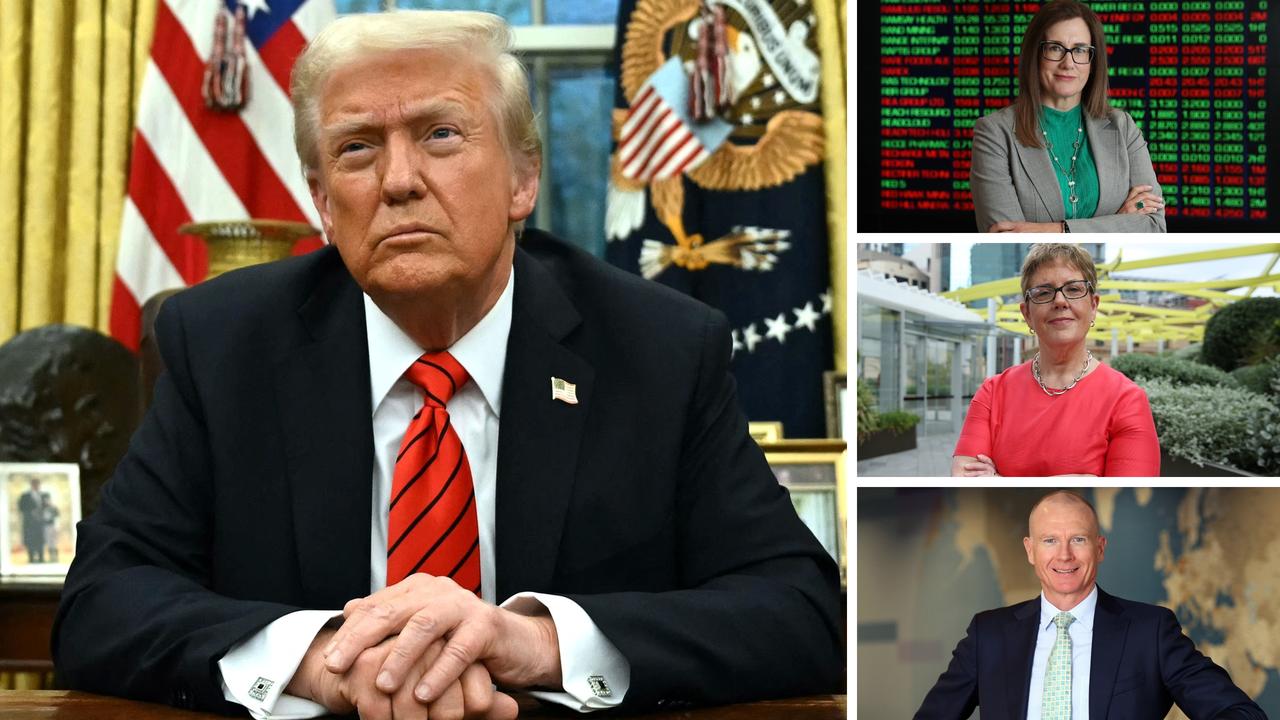
Business
Don't miss out on the headlines from Business. Followed categories will be added to My News.
Echoes of US President Donald Trump’s decision to junk diversity, equity and inclusion (DEI) laws have rippled through Australia, where a meeting of finance, investment and corporate heavyweights on Friday failed to agree on controversial diversity reporting guidelines for ASX-listed companies.
The diversity debate, which has pitted the Australia’s $4 trillion superannuation industry against veteran company directors and shareholder groups, was played out at the meeting of the ASX Corporate Governance Council chaired by Elizabeth Johnstone, where a split emerged among its 19 members over the urgency of implementing mandatory reporting, and the timeline.
Those present at the meeting on Friday declined to comment to The Weekend Australian while Ms Johnstone, a senior consultant at DLA Piper, hung up when contacted.
The powerful Association of Superannuation Funds of Australia (ASFA) and Australian Council of Superannuation Investors, which represent some of the nation’s largest super funds and institutional investors, back the ASX Corporate Governance Council’s proposed changes to its principles and recommendations, which include a proposal for company reporting of diversity, including sexuality and disability issues.
In its submission to the ASX corporate governance review, ASFA has argued for the inclusion of even “stronger language” around the proposed extension of diversity characteristics to include race, sexual orientation, religious beliefs and socio-economic background. This has provoked a backlash from other corporate groups and individuals who are pushing back against the DEI tide.
Last month ASFA chief executive Mary Delahunty dismissed the political debate over DEI in the US as a distraction.
“It is a concern to see that sort of debate be so polarising … that really detracts from what it is that everyone’s talking about and what it is that investors are looking for,” she told The Australian. ASFA declined to comment on Friday.
One of President Trump’s first acts in office was to sign an executive order promising to terminate all diversity, equity and inclusion offices, positions and programs across the US federal government.
The move has emboldened the anti-DEI push in corporate Australia.
In this tense environment, the ASX Corporate Governance Council is trying to issue its own recommendations and guidelines to ASX-listed companies.
Members of the council cannot agree and are now likely to delay any decision beyond a mooted start date of July this year, after Friday’s meeting.
Australian Securities Exchange boss Helen Lofthouse told The Weekend Australian the market operator was not changing its climate goals, but had a strong view against setting diversity quotas for its business.
Speaking as the ASX unveiled its results this week, Ms Lofthouse said the market operator recently reaffirmed its commitment to existing strategic goals around inclusivity and diversity.
But she noted the ASX looked at the matter of diversity as one of having more rather than fewer candidates to choose from. “Why would you want to pick talent from a subset of the talent that’s out there?” she said.
“It’s really important to look at inclusivity from a whole range of talent.”
Ms Lofthouse said the ASX did not have a diversity quota for hiring, but the ASX did have strategic goals around having a diversity of candidates.
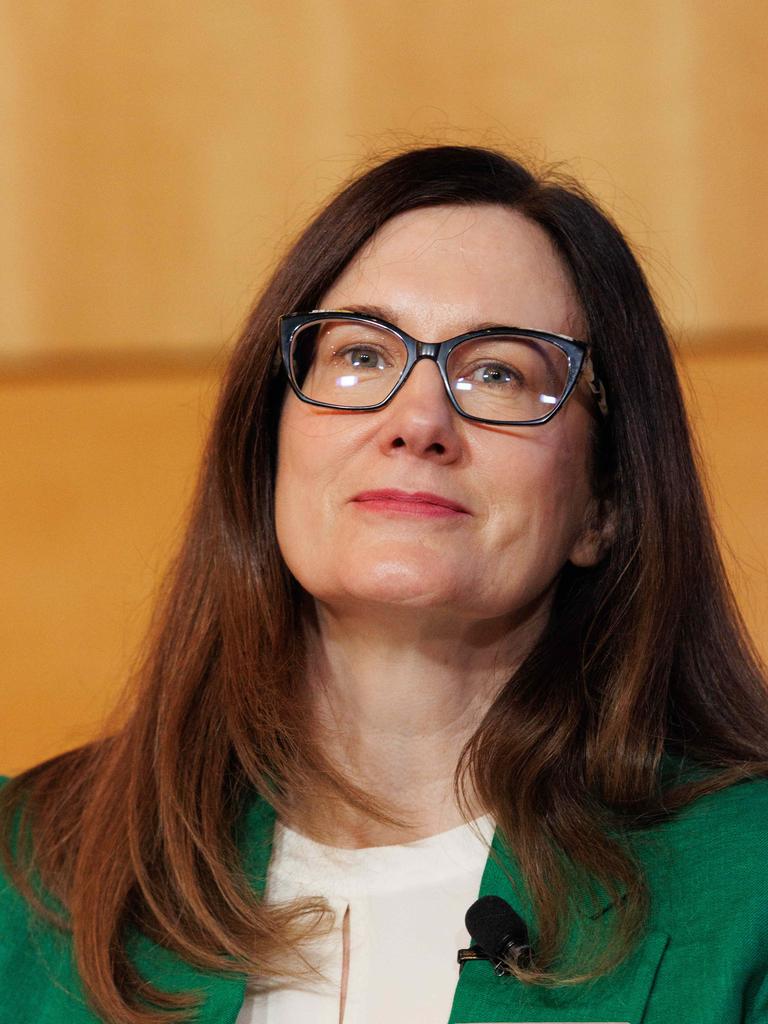
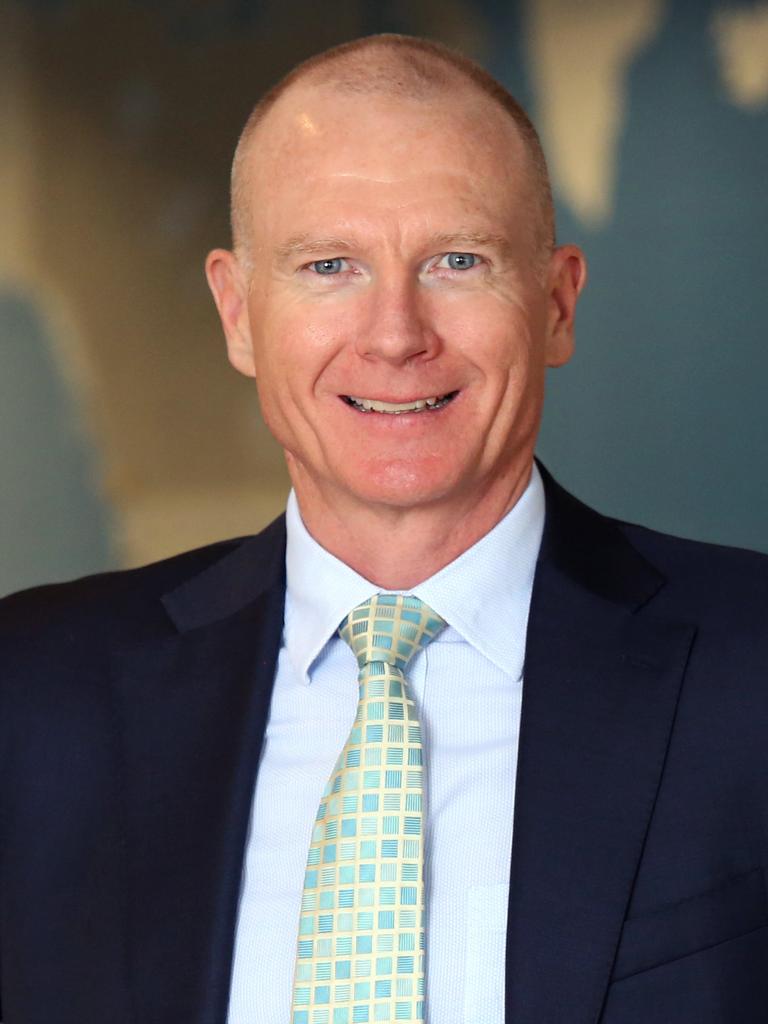
Cochlear chief executive Dig Howitt said his company – which operates in the US – was monitoring the situation as President Trump looked to jettison DEI in the corporate world and elsewhere, but believed it was compliant with the intent of the US administration.
“It is on our radar. We are a federal contractor so we do need to comply with executive orders, but we believe our program does that,’’ Mr Howitt said.
“We’ve been focused on equity and inclusion for many years and we’ve done it because it’s really good for the business.
“One of the greatest constraints on our growth will be talent and we want to be a great employer for a very broad range of people right across the world.’’
Mr Howitt said Cochlear’s programs were focused on rewarding merit and removing conscious bias. “We haven’t had a program based on quotas or affirmative action and that seems to be (what) the executive order targets,’’ he said.
AMP boss Alexis George on Friday ruled out any significant divergence from its current goals.
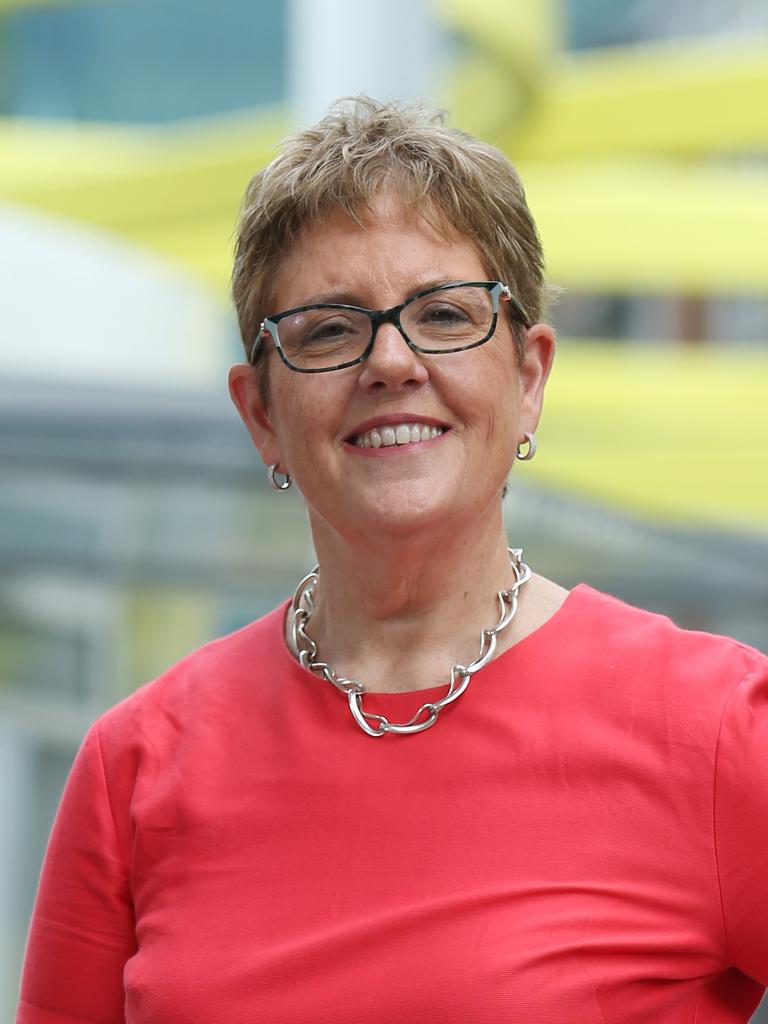
“I cannot see that being something we’ll be tackling. I think diversity and inclusion adds value to the culture and the financial results. I’m very supportive of our diversity and inclusion policies in all senses, whether it’s about race, sex or culture,” she told The Australian.
In the top 200 ASX-listed companies, 31 per cent of executive leadership team members are women, according to the Chief Executive Women’s 2024 Senior Executive Census.
That figure has been static since 2023, but up from 25 per cent in 2019.
“The stagnation of gender equality in CEO pipeline roles will continue to bottleneck gender equality in Australia’s top jobs,” the report said. “Investment in the CEO pipeline is a strategic investment in building the businesses of the future.”
Additional reporting: Chris Herde
More Coverage
Originally published as Trump effect: Industry heavyweights fail to agree on diversity reporting guidelines


